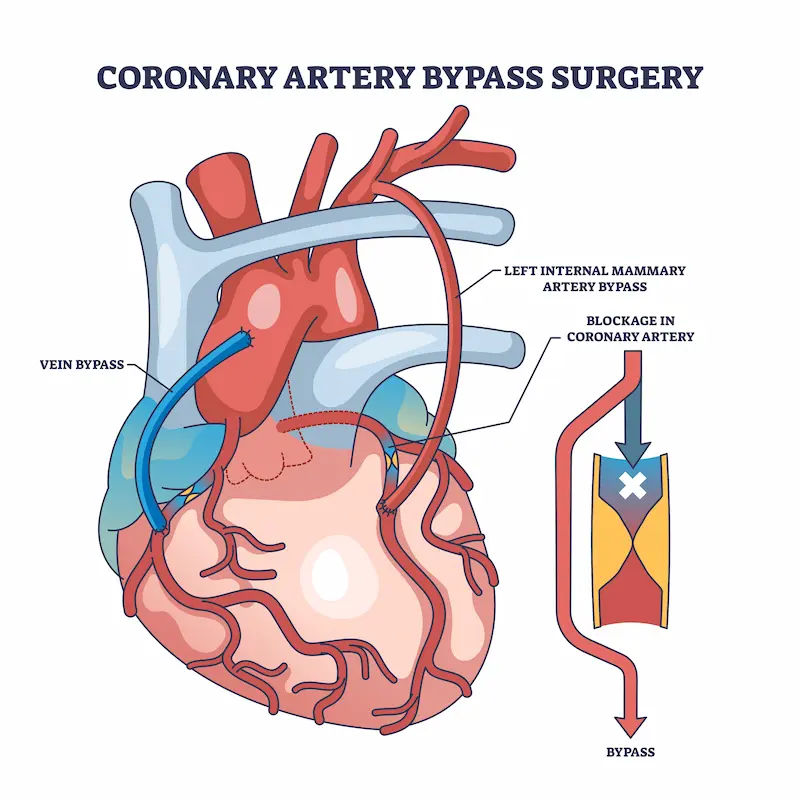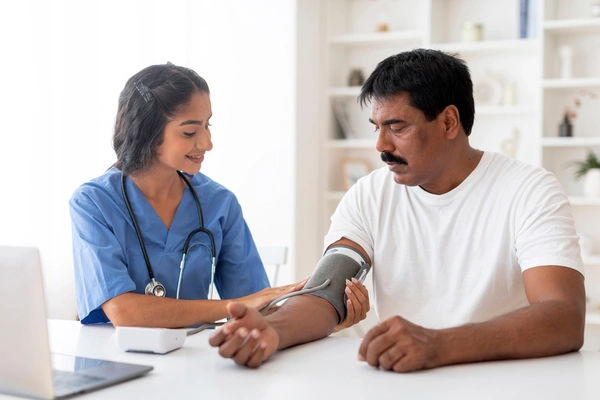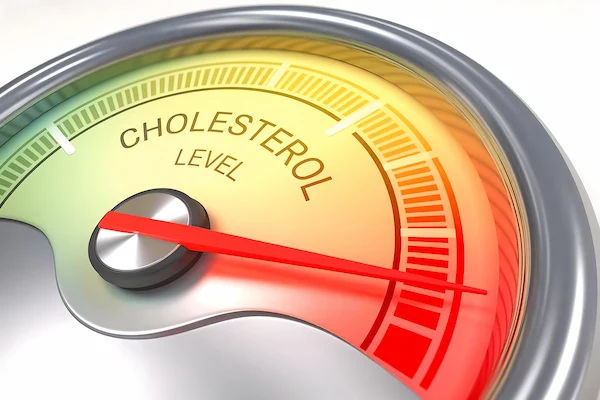- male
- 50 Years
- 31/03/2021
Is Egg good for heart?
Answered by 1 Apollo Doctors
Most healthy people can eat up to seven eggs a week without increasing their risk of heart disease. Some studies have shown that this level of egg consumption may even help prevent certain types of stroke.
Dr. Dhankecha Suggests...
Consult a Cardiologist
Answered 04/07/2025
0
0


Ask Apollo
AI powered Health Chatbot
Eggs can be a part of a heart-healthy diet for a 50-year-old male when consumed in moderation. Here are some key points to consider:
-
Nutritional Benefits:
Eggs are rich in high-quality protein, vitamins, and minerals that support overall health. -
Cholesterol Concerns:
While eggs contain cholesterol, recent research suggests that for most people, dietary cholesterol has a smaller impact on blood cholesterol levels than previously thought. -
Moderation is Key:
Eating up to one egg per day is generally considered safe for heart health in healthy individuals. -
Individual Health Factors:
If you have existing heart disease, diabetes, or high cholesterol, it's best to consult your doctor for personalized advice. -
Balanced Diet:
Incorporate eggs as part of a balanced diet rich in fruits, vegetables, whole grains, and healthy fats.
If you have specific health conditions or concerns, discussing your diet with a healthcare provider or a dietitian can help tailor recommendations to your needs.
Recommended next steps
Consult a Cardiologist or Consult a Clinical Nutritionist
Answered 20/08/2025
0
0
More Cardiology Health Queries
View allI'm dealing with grade 2 renal disease and would really appreciate some dietary advice. I'm already taking medications like Nefrosavenicardia 20mg and Aztar R. Is this enough, or should I be doing something else?
salt restricted diet ,DASH diet , fruits and green leafy vegetables and legumes is advised to the patient. Also fluid restriction is advised..since excess fluid intake may worsen the symptoms..
Answered by 1 Apollo Doctors
I'm experiencing a heavy feeling on the right side of my chest and I'm extremely tired. There's also a painful sensation in my spinal cord, and I'm having a hard time catching my breath. Could you help me understand what's going on and what steps I should take? I'm really worried about these symptoms.
take tablet. zerodol and tablet. pantoprazole
Answered by 1 Apollo Doctors
I've been having chest pain for a couple of days now, and it's pretty constant, especially when I'm just sitting or lying down. Plus, sometimes I get this pain in my shoulder and neck, and even occasionally a stomach ache. I'm 20, I don't smoke or drink, and I'm not overweight. Could this be something serious like a heart attack or angina? I'm kinda worried and not sure what to do.
Based on your symptoms and age, it is less likely to be a heart attack or angina. However, chest pain should never be ignored. It is important to rule out any serious conditions. You may be experiencing musculoskeletal pain or acid reflux. I recommend taking over-the-counter antacids like Tums for stomach ache and trying ibuprofen for pain relief. If the symptoms persist or worsen, please consult a healthcare professional for further evaluation and management.
Answered by 1 Apollo Doctors
Disclaimer: Answers on Apollo 247 are not intended to replace your doctor advice. Always seek help of a professional doctor in case of an medical emergency or ailment.





_4.webp)